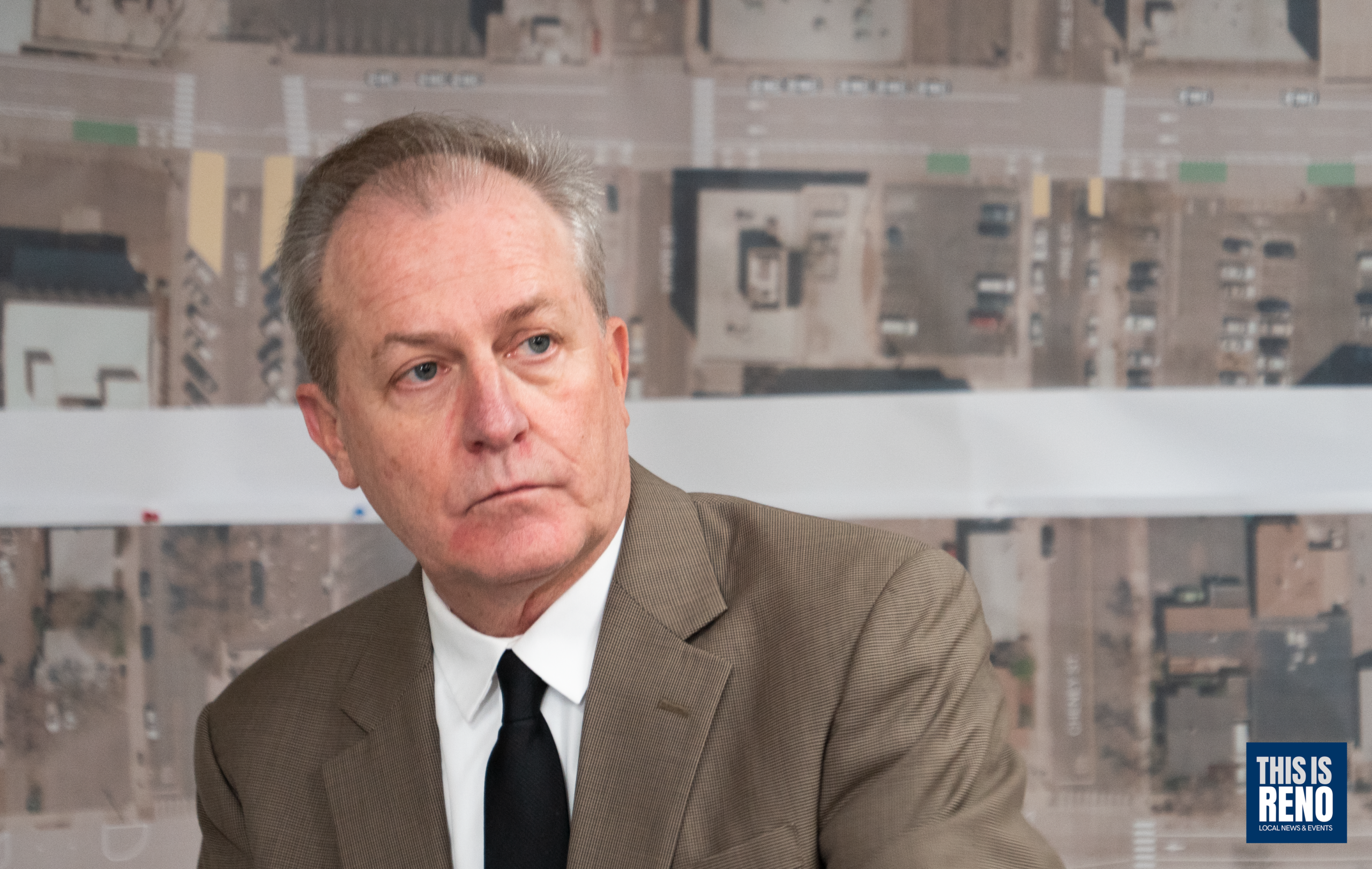Washoe County Regional Transportation Commissioners met today to discuss the future of public transit in the region. They were very critical.
Empty buses, lack of access to nearby bus stops, lack of adequate funds, labor shortages and a system that overall discourages people from using public transportation were cited as problems plaguing RTC Washoe.
“I’m extremely frustrated,” said Commissioner Vaughn Hartung. “I was out to dinner the other night…and we only saw two buses – two 40-footers – completely empty.”
He recommended more on-demand transportation, particularly for outlying areas.
Sparks Mayor Ed Lawson, also a transportation commissioner, agreed.
“We need to blow the thing up and…build a better system,” he said.
Washoe County Commissioner Bob Lucey also called for a reinvention of how RTC does business.
“We are subsidizing something that is failing,” he said. “Why are we continuing to chase a broken model?”
RTC Washoe Director Bill Thomas acknowledged that people are driving more, not less, while transportation infrastructure costs are increasing.

“We have increasing costs. The material costs are going up. The labor costs are going up,” he said. “It’s a zero sum game in terms of the money we’re bringing in. We have little control over the costs, but we have to make tough choices on what we do as far as changing or reducing service.”
The comments come in the wake of three bus driver strikes last year and RTC reducing its daily rides to a Sunday schedule.
“We must respond to 21 months of a pandemic and an unrelenting labor-market shortage. These events, which are beyond our control, have forced us to reconsider how we provide this critical service,” Thomas said in December.
Those speaking during public comment at the meeting encouraged the commissioners for more flexible and convenient options for riders.
Chris Fuqua with Teamsters Local 533, who spoke during public comment, said the existing structure is inconvenient for those who depend on public transportation.
“If you ride a bus day in and day out, whether it’s fixed routes or paratransit, it is difficult for these people to get around from point A to point B,” he said.
Thomas said on-demand services – such as more flexible options – are being explored away from traditional fixed route services.
RTC staff said that since the start of the pandemic, fewer people are riding buses and more are using other public transportation options. RTC has also seen a drop of about 10,000 riders per day since the start of the pandemic.
Today’s meeting was part of a strategic planning process for the future of transportation in the area.


